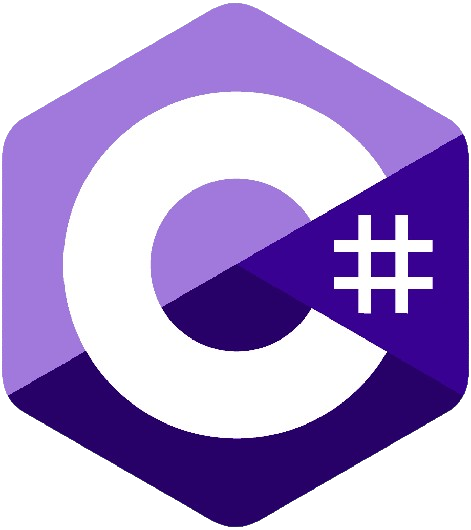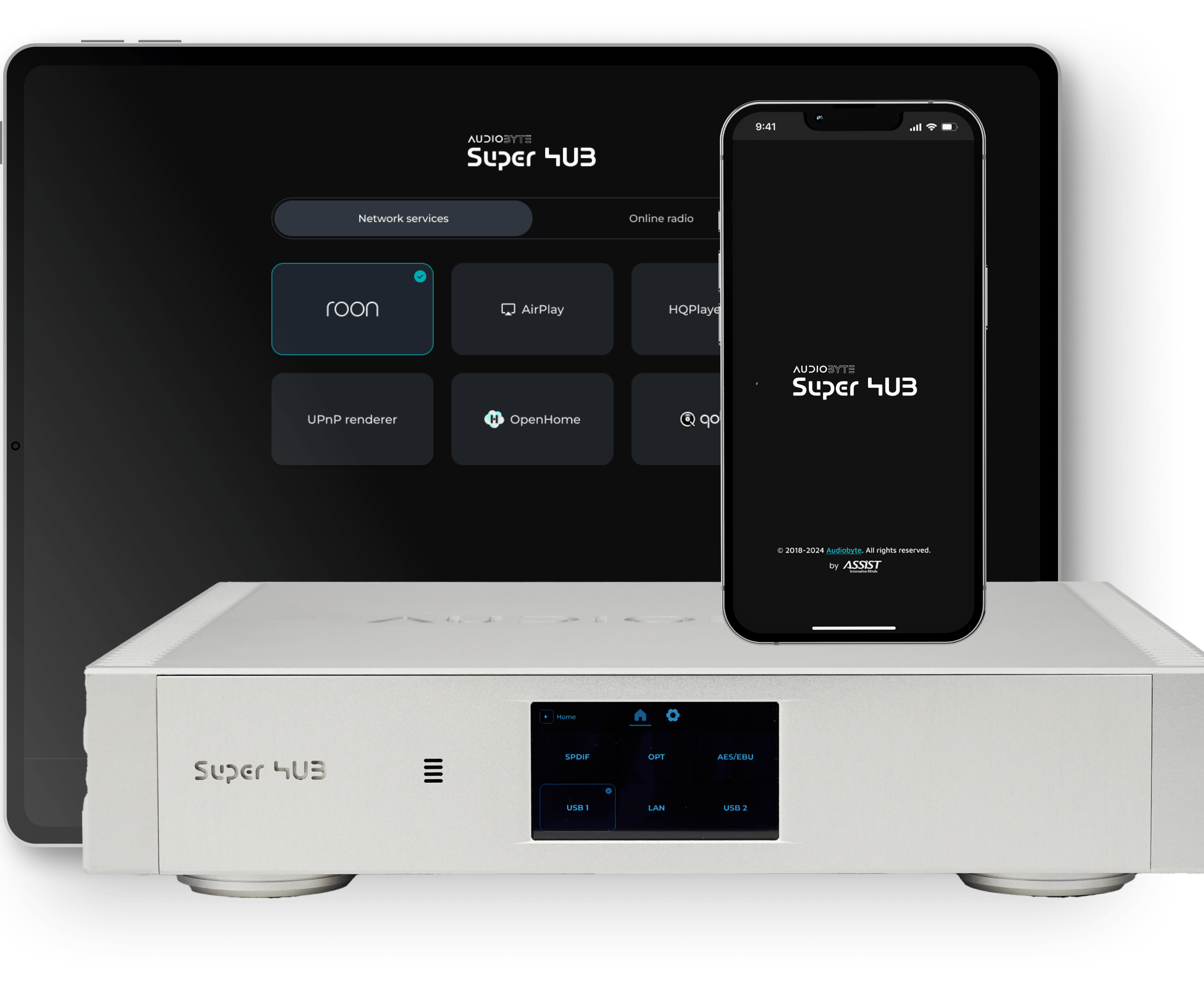
Developing the autonomy of children affected by ASD through virtual therapy

Own Product
Autisma Therapy Assistant is an innovative virtual therapy platform designed to support children with Autism Spectrum Disorder (ASD). Developed by ASSIST Software, the CENTRIC-awarded project, integrates AI-driven cognitive development, memory training, and social skill-building to extend therapy beyond clinical settings.
Our team handled UX/UI design, software architecture, and development, ensuring an engaging and effective tool for families and therapists. By bridging the gap between therapy sessions and daily life, Autisma Therapy Assistant is transforming autism intervention with personalized, interactive support.
Industry
Services
Country
Company size

Finding It Hard to Continue ASD Therapy at Home?
Providing continuous therapy for children with ASD at home is challenged by the absence of digital solutions that blend structured functionality with personalized insights. Parents and therapists often struggle to ensure structured, consistent support without a cohesive way to track progress, personalize activities, and collaborate effectively.
This AI-powered platform delivers engaging, evidence-based therapeutic activities tailored to each child's unique needs. With integrated progress tracking, adaptive learning, and real-time collaboration tools, it helps parents and therapists extend therapy beyond clinical settings - ensuring children receive the support they need, when they need it.
Transforming lives with purpose-built software
Autisma Therapy Assistant's mobile app enhances learning potential and encourages independence. With five specialized modules, it addresses the unique needs of individuals with autism and their caregivers, offering targeted support for their development.

User-friendly therapy tools:
Parents and therapists stay informed and in control with a dedicated guide. Progress is tracked with the Activity Log. The Task Book offers personalize learning while everything needed for effective, at-home therapy can be accessed through the expert-backed insights in the Information Guide.
AI-powered games are dynamically customized to match each child’s learning style and progress. Parents and therapists can also personalize games based on their unique insights, creating an entirely individualized experience that promotes autonomy and growth.
Children participate in AI-powered game scenarios tailored to their developmental levels. The module fosters collaboration, enhances social skills, and provides in-depth analytics for tracking progress, ensuring meaningful and effective group interactions.
Combining video-based learning with interactive gameplay, this module provides an engaging, immersive experience that reinforces core therapy concepts. Featuring three modes – Library Mode, Decisional Mode, and Mini-session Mode – it adapts to diverse learning needs, enhancing skill retention and development.
The base module powers the platform, enabling smooth communication between interactive components like the server, user interface manager, and audio manager. It also streamlines account and profile management, ensuring consistent performance and a user-friendly experience across the platform.
Platform architecture and technology
The Autisma Therapy Assistant platform consisting of two interconnected components: a web app for therapists, and a mobile app designed for parents, caregivers, teachers, and children diagnosed with Autism Spectrum Disorder (ASD) aged between 0 and 8 years old. The web app was developed using React and Ruby, allowing therapists to easily manage and transmit therapeutic data to the mobile application, ensuring seamless coordination between families and professionals.
The mobile application was developed using Unity and C# to provide a user-friendly and interactive experience. As a leading cross-platform game engine, Unity integrates with various tools and services, including data analysis and automated testing. These technologies enable real-time updates, create adaptive learning pathways secure data sharing between therapists and families, ensuring the therapy process is both effective and convenient.


Innovating autism therapy together
Autisma is the result of a strategic partnership between ASSIST Software, researchers from Ștefan cel Mare University of Suceava, and expert Applied Behavior Analysis (ABA) therapists. By merging the strengths of technology, academic research, and therapy practices, Autisma is designed to address the unique needs of children with Autism Spectrum Disorder (ASD) and support their caregivers. This cross-disciplinary collaboration ensures the platform delivers personalized, practical solutions to improve the lives of children with autism.
Backed by rigorous research from Ștefan cel Mare University, the solution is rooted in the latest scientific advancements, ensuring its effectiveness and compliance with current autism therapy practices. This collaboration also fosters continuous research, enhancing the platform's impact and relevance.
Stronger support system
The adoption of Autisma has resulted in major improvements in therapy effectiveness and overall user experience for children with autism and their caregivers.
Parents have reported a significant boost in their confidence to manage and facilitate therapy at home, ensuring consistency and continuity for their children.
Therapists have observed measurable progress, with enhancements in memory, autonomy, and social skills, demonstrating the platform’s direct impact.
Integration of insights across parents, therapists, and coordinators has strengthened stronger collaboration, allowing for more efficient therapy sessions.

Accelerating progress in autism therapy
Autisma is designed to enhance therapy outcomes and make a meaningful impact on the lives of individuals with autism. With its user-friendly features and intuitive design, it facilitates collaboration between children, parents, and therapists, driving more effective therapy sessions.
Watch video presentation
From product design to development & completion. We guarantee exceptional products.
Scalable, secure and streamlined solutions for your business success
For business inquiries:
hello@assist.ro
Our address:
1 Tipografiei Street 720043, Suceava, Romania
Frequently Asked Questions
1. Can you integrate AI into an existing software product?
Absolutely. Our team can assess your current system and recommend how artificial intelligence features, such as automation, recommendation engines, or predictive analytics, can be integrated effectively. Whether it's enhancing user experience or streamlining operations, we ensure AI is added where it delivers real value without disrupting your core functionality.
2. What types of AI projects has ASSIST Software delivered?
We’ve developed AI solutions across industries, from natural language processing in customer support platforms to computer vision in manufacturing and agriculture. Our expertise spans recommendation systems, intelligent automation, predictive analytics, and custom machine learning models tailored to specific business needs.
3. What is ASSIST Software's development process?
The Software Development Life Cycle (SDLC) we employ defines the stages for a software project. Our SDLC phases include planning, requirement gathering, product design, development, testing, deployment, and maintenance.
4. What software development methodology does ASSIST Software use?
ASSIST Software primarily leverages Agile principles for flexibility and adaptability. This means we break down projects into smaller, manageable sprints, allowing continuous feedback and iteration throughout the development cycle. We also incorporate elements from other methodologies to increase efficiency as needed. For example, we use Scrum for project roles and collaboration, and Kanban boards to see workflow and manage tasks. As per the Waterfall approach, we emphasize precise planning and documentation during the initial stages.
5. I'm considering a custom application. Should I focus on a desktop, mobile or web app?
We can offer software consultancy services to determine the type of software you need based on your specific requirements. Please explore what type of app development would suit your custom build product.
- A web application runs on a web browser and is accessible from any device with an internet connection. (e.g., online store, social media platform)
- Mobile app developers design applications mainly for smartphones and tablets, such as games and productivity tools. However, they can be extended to other devices, such as smartwatches.
- Desktop applications are installed directly on a computer (e.g., photo editing software, word processors).
- Enterprise software manages complex business functions within an organization (e.g., Customer Relationship Management (CRM), Enterprise Resource Planning (ERP)).
6. My software product is complex. Are you familiar with the Scaled Agile methodology?
We have been in the software engineering industry for 30 years. During this time, we have worked on bespoke software that needed creative thinking, innovation, and customized solutions.
Scaled Agile refers to frameworks and practices that help large organizations adopt Agile methodologies. Traditional Agile is designed for small, self-organizing teams. Scaled Agile addresses the challenges of implementing Agile across multiple teams working on complex projects.
SAFe provides a structured approach for aligning teams, coordinating work, and delivering value at scale. It focuses on collaboration, communication, and continuous delivery for optimal custom software development services.
7. How do I choose the best collaboration model with ASSIST Software?
We offer flexible models. Think about your project and see which model would be right for you.
- Dedicated Team: Ideal for complex, long-term projects requiring high continuity and collaboration.
- Team Augmentation: Perfect for short-term projects or existing teams needing additional expertise.
- Project-Based Model: Best for well-defined projects with clear deliverables and a fixed budget.
Contact us to discuss the advantages and disadvantages of each model.












